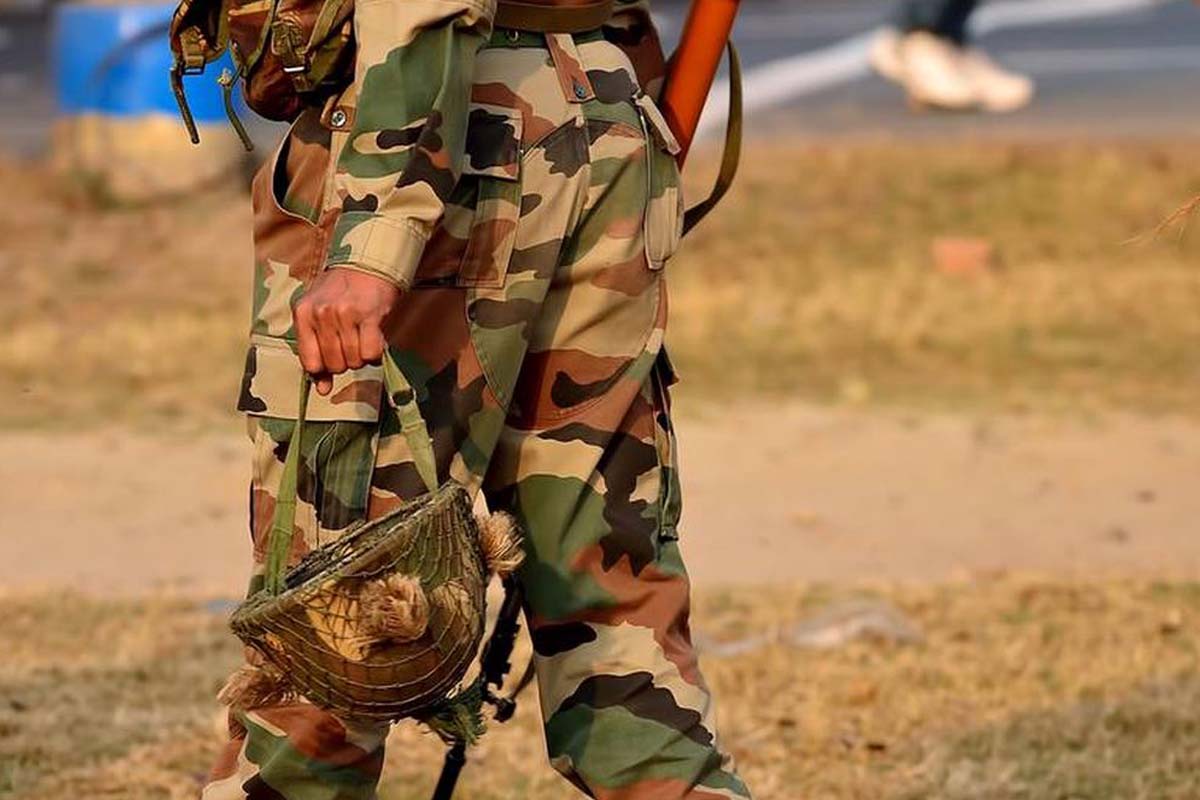Some years ago, a parliamentary panel had recommended that the cooling off period for an Army officer joining the private sector be raised from one to two years, and that for officers of the rank of Brigadier and above be pegged at five years.
These recommendations had come in the wake of a recently retired Lieutenant General reportedly offering a bribe to then Army chief and current Minister, VK Singh, for purchase of substandard equipment.
Advertisement
While efforts to curb unethical practices by one uniformed service are commendable, India’s political class appears to encourage such practices and worse in another uniformed service, nowhere better exemplified than by the bizarre case of the man who was until the other day Bihar’s Director-General of Police and was seen on multiple media outlets garrulously explaining his force’s “principled” position on registering a complaint filed by the family of a film star with roots in the state.
It is open to question if Mr Gupteshwar Pandey was even qualified for elevation to the post he held, in light of his decision in 2009 to seek premature retirement to seek a ticket from the Bhartiya Janata Party and his return to the uniform when he failed to secure one. While the BJP did the creditable thing by thwarting his political ambitions, the Bihar Chief Minister, Mr Nitish Kumar, had no such qualms. Not only was Mr. Pandey’s request for retirement five months before he reached the age of superannuation accepted, Mr Kumar welcomed him into his party’s fold on Sunday at a well-publicised event.
It remains to be seen if the former policeman’s ambition to enter the legislature attains fruition, but this turn of events has turned the spotlight on the police-politician nexus as seldom before.
Certainly, the development fuels suspicions that Mr. Pandey’s decisions as head of Bihar’s police were tainted by his political ambition and that the registration of a First Information Report in Patna with respect to a death that occurred in Mumbai was aimed not so much at ensuring justice for a son of the soil as it was at helping the ruling party at the hustings.
If so, this is reprehensible and calls for a larger debate on the cooling-off period for members of the police, administrative services and even the judiciary. While some subject-specific quangos may require, for instance, appointment of a retired judge to a quasi-judicial role, it is important to have institutional mechanisms in place to ensure that actions taken in service are not rewarded immediately after superannuation, whether premature or in the fullness of time.
It may therefore be advisable to have a uniform cooling-off period for those retiring from supervisory positions – not just from the Army or police but every service that entails payment of a salary from the exchequer – to ensure that actions taken in the saddle are not influenced by postretirement ambitions.









